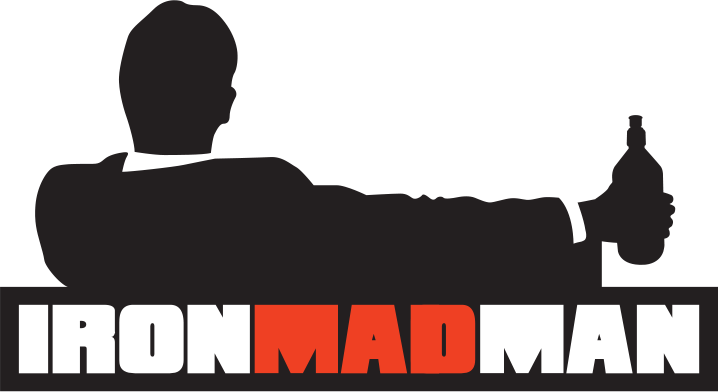DABDA
/Another day, another acronym.
A couple days ago, I wrote about something in a blog post called an OODA Loop (Observe, Orient, Decide, Act). It’s a military term and a teaching tool to help people act quickly and decisively in a moment of crisis.
At work today, I was reminded of a different acronym: DABDA.
This is short for Denial, Anger, Bargaining, Depression and Acceptance.
As you might know, this is an acronym that summarizes a grieving process. First, we don’t believe what we’re hearing, reading or seeing. Then, we get angry about it. Next, we try to bargain away our grief (“Well, maybe if I do this…that might get better.”). Failing that, we become really depressed. That’s the “there’s no hope” stage. Ick. For my generation, think Jon Favreau at his worst in the film, Swingers. And finally, if we’re lucky…we accept our situation and only then can find peace and strength to move forward past the grief. Think of Jon Favreau in his best moment in that film, with Heather Graham.
I’m watching someone at work find their own path through DABDA. It’s painful at times, because I keep trying to help this person see a clear path towards easier breathing and true growth.
But I’m reminded that my path is not their path. And the real growth comes from discovering one’s own path.
How does that translate to triathlon, or any other endurance sport?
If we can’t drop that bad race from our memory, or that bad workout or training week…if we can’t distill the positive lessons from crisis for future growth, we’re destined to not fully enjoy our passion. Nor can we perform to our fullest potential when we’re mired in the past.
If you’re having a hard time in your training or racing, think about DABDA. Where are you in this grieving process? Be honest. What are you grieving to begin with?
What would happen if you shed your past like extra weight on your bike? How light might you feel?
If lighter = faster, why not give DABDA a try?
